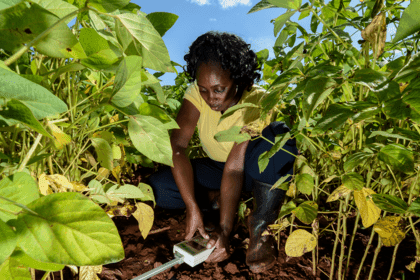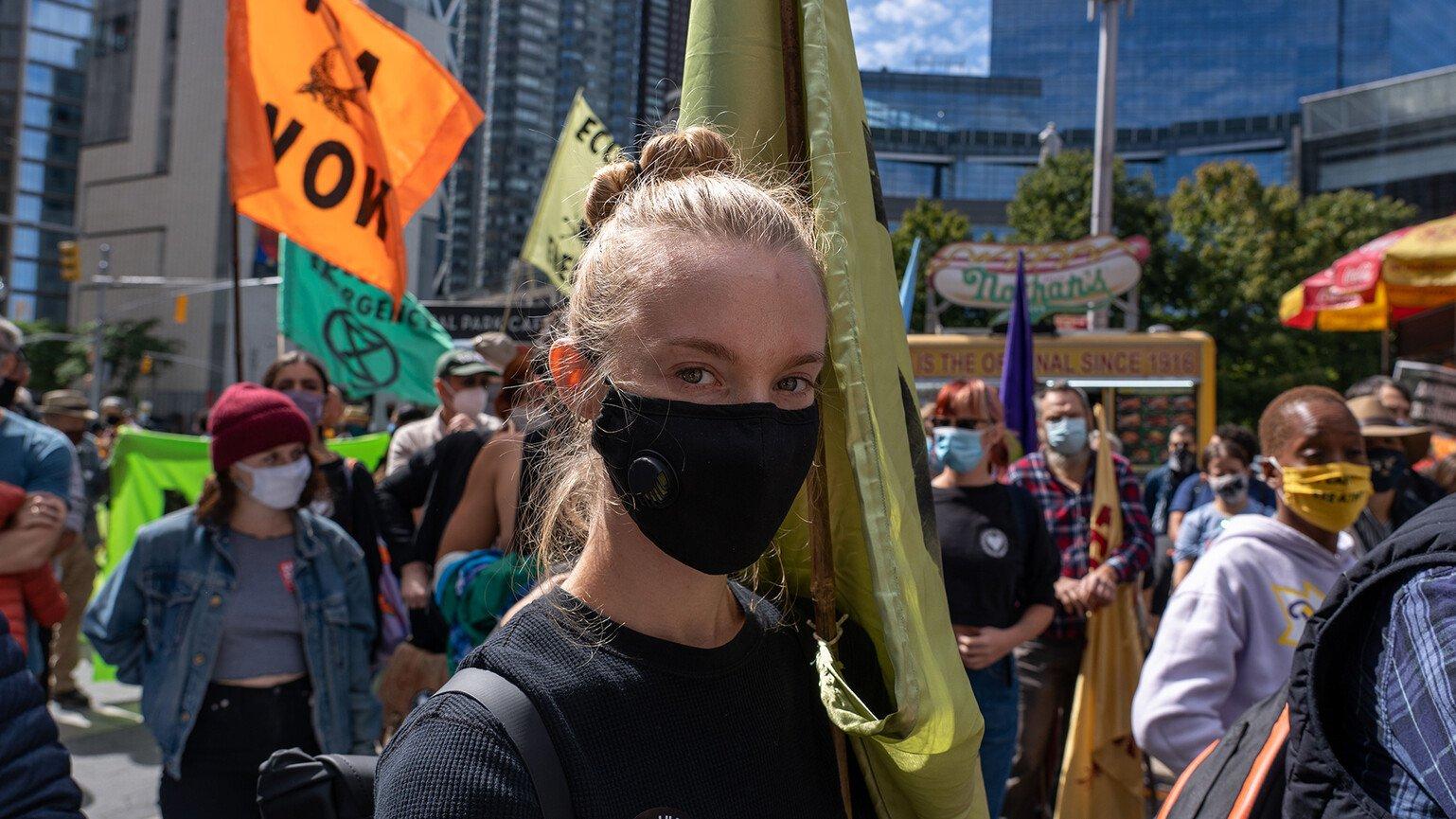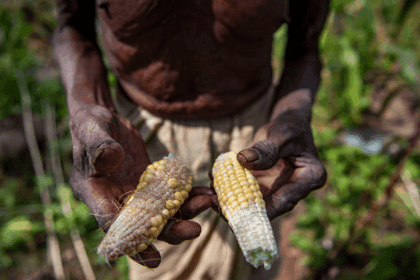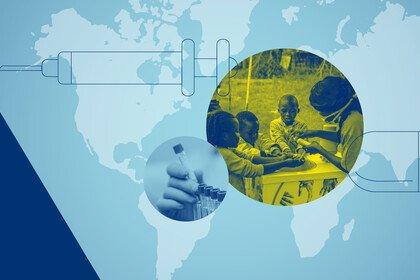
What can we learn from Covid-19 to address the climate crisis?
There are many lessons from the Covid-19 pandemic that can guide our response to the climate crisis, including the importance of science and leadership, and the cost of inaction.

Ron Adar / Shutterstock
Young people from around the world are demanding action on the climate crisis; their clamor reached a fever pitch in early 2020. Yet, as fate and nature would have it, the frantic media coverage of the emerging Covid-19 pandemic drowned out many of their voices at a critical time.
Policy makers postponed the United Nations Climate Conference, COP26, delaying climate commitments. Stories on climate got relegated to the back page, if they appeared at all.
One year on, a new climate-friendly US administration, an increasingly proactive private sector (from energy to automakers), and eye-watering Covid-19 recovery budgets have brought climate roaring back onto the global stage.
So, what can we learn from the pandemic that will help us to address the climate crisis?
1. Crises do not happen in isolation
The Covid-19 pandemic has changed the lives of everyone on Earth, in different ways. Just as for climate change, the impacts of Covid-19 vary by geography and are exacerbated by existing systemic inequalities associated with age, race, gender, disability and economic status.
The climate crisis also comes with its own threats to our health: from rising heat, coastal flooding and extreme weather events, to infectious diseases and threats to the food supply.
Solutions to crises are often interconnected. For example, co-morbidities that increase vulnerability to Covid-19 include respiratory problems caused by fossil-fuelled air pollution and obesity. Both of these health issues may benefit from climate actions, including electrification of the transport system and more options for walking and cycling. Solutions to one crisis may also counter the solutions to another. For example, the response to a hurricane is for people to seek safety in a disaster shelter, but the response to Covid-19 is to stop people gathering.
The key to preparing for and responding to multiple simultaneous hazards is building resilient systems at all scales. This will be the great task of our time.
2. Science and leadership are central to the response
A fundamental truth, borne out by the events of this past year, is that science is central to responding to both Covid-19 and climate change. We need to understand the underlying human drivers of these joint crises if we are to change our trajectories, flatten the curve and drive down Covid-19 transmission and greenhouse gas emissions. Prevention is drastically better than cure.
Today, Covid-19 vaccines are lighting the path out of the pandemic nightmare. We now need investment in climate change mitigation, adaptation and resilience at a scale commensurate to the enormous challenges we face. Once again, science can light the way.
Yet, science alone is not enough. Without strong leadership, science cannot deliver its full potential.
The two countries that topped the Global Health Security Index (GHSI) in 2019, in theory those best positioned to respond to infectious disease outbreaks, were the USA and the UK. But many African countries, well down on the GHSI tables, have demonstrated strong and consistent leadership based on science and experience.
3. Act now
Covid-19 has made clear the cost of inaction. Delays in implementing lockdowns have resulted in escalating infections, cases and deaths, to say nothing of the mental health impacts of fear, distress and grief. Countries that responded swiftly and decisively have had less severe economic impacts and more normal lives.
In the same vein, delays in climate action have now reached a critical point. The UN’s declared 'decade of action' is already a year behind schedule. With every further setback, the challenge of bringing global carbon emissions into compliance with the 2015 Paris Agreement – a target compatible with healthy, safe lives for people on this planet – becomes more difficult, more expensive, and more dangerous. To achieve the Paris Agreement, we must cut carbon emissions dramatically in the coming years. Further investments in fossil fuels today lock us into future carbon emissions for decades to come.
4. Health workers are key advocates
There has been no lack of Covid-19 vaccines or climate deniers seeking to distract, delay or derail an effective response. Science is inherently uncertain, and there is always room for the sort of scepticism that keeps scientists and politicians honest. However, with both Covid-19 and climate change, we have seen orchestrated programmes of targeted misinformation driven by powerful political and economic interests that exploit the business models of social media.
Health workers have been important in sharing knowledge about Covid-19 and countering such misinformation. The 2018 Wellcome Global Monitor showed that doctors and nurses are trusted sources of information for 73% of people in 144 countries, far more than for any other group, including family, friends, religious leaders, or celebrities. As such, health workers have a critical role to play as messengers of both Covid-19 and climate risk. They are becoming key advocates on climate action.
'We cannot ask young people to lead the charge if those with experience don’t play their part'
COP26, now planned for November 2021, provides an opportunity to make sure that the Covid-19 recovery budgets are used to decarbonise our economies. It also provides an opportunity to make health a driving narrative in the climate policy discourse, putting us on a pathway to a sustainable, healthy future. Wellcome is working with a coalition of external partners to help make this happen.
I was in the UN assembly hall when Greta Thunberg delivered her devastating ‘How dare you’ address and it haunts me still. We cannot ask young people to lead the charge if those with experience don’t play their part. Time is not on our side.
Yet, though the Covid-19 and climate crises are daunting for young and old alike, hope is the key to action. Just as Wellcome’s work on Covid-19 has shown a way forward during dark times, we must now work to shine a light towards a sustainable future where we choose our health, and that of the planet, above a crisis-ridden future in a heating climate.


